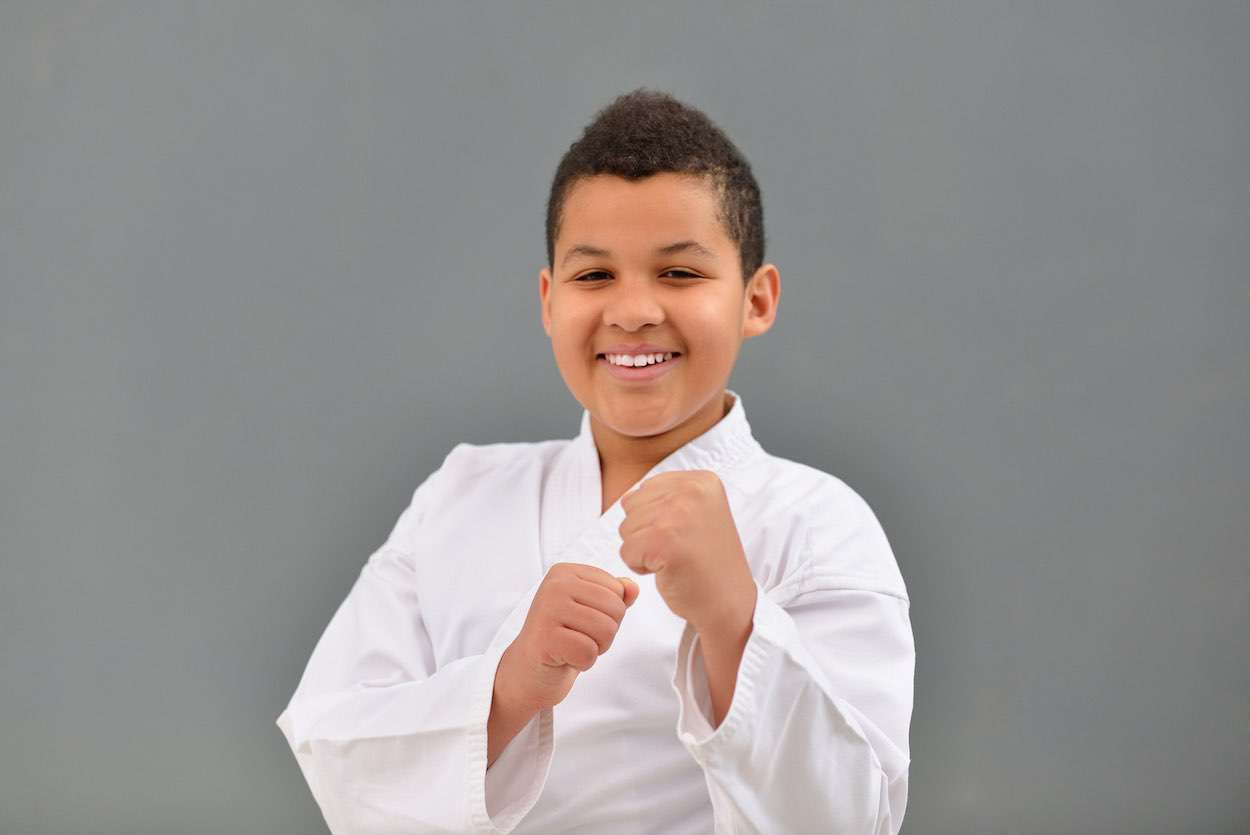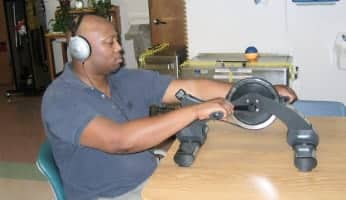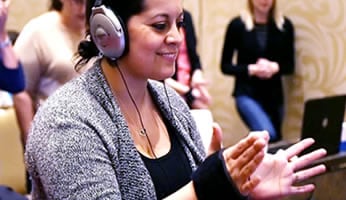Aaron’s Remarkable Progress: From Playground Fun to Success in Tae Kwon Do with IM Therapy

Home - Testimonials - Pediatric Testimonials - Aaron’s Remarkable Progress: From Playground Fun to Success in Tae Kwon Do with IM Therapy

Aaron’s Remarkable Progress: From Playground Fun to Success in Tae Kwon Do with IM Therapy
Aaron was a six-year-old boy who attended Kindergarten. He had a gift for memorizing information about specific subjects. By 5 years old, he could tell you all of the presidents of the United States, where they came from, what years they served and when they died.
However his ability to write, use scissors and tolerate increased sensory stimulation was well below that of his peers.
He preferred adult company over children his age and would rather play alone on the playground.
He complained that other children in his class did not follow rules.
Aaron’s mom also noted that he had some fine motor problems with dressing.
OT Intervention
Aaron’s test results qualified him for school-based OT services.
They showed tactile sensitivity, movement deficits and that he was under-responsive/ sensation seeking and had low energy.
At school Aaron received OT services in which Interactive Metronome (IM) was used.
The Interactive Metronome (IM) is an assessment and treatment tool used by over 15,000 providers in hospitals and clinics throughout the United States and Canada to improve the neurological pathways responsible for motor planning, sequencing and processing.
Interactive Metronome provides a structured, goal-oriented process that challenges the patient to synchronize whole body movement exercises to a precise computer-generated reference tone heard through headphones. The patient attempts to match the rhythmic beat with repetitive motor actions. An auditory-visual guidance system provides immediate feedback measured in milliseconds, and a score is provided.
Getting Used to IM Training
Initially Aaron had a great deal of difficulty understanding which tone he was trying to clap on, so a reward system was put in place when he reached his goal.
By the next treatment session he was more relaxed, tried standing and moving and was much improved. His treatment time was increased by 3-4 minutes per session each time.
He was beginning to demonstrate some significant changes in his fine motor skills, social interaction with his peers and a bit of sense of humor with his family.
Sensory seeking continued to be problematic, as was his coordination of upper body with lower body.
When Aaron saw the scores and notices any improvement (even by 1 percentage point) he was excited to continue toward his goal. High fives and extra time on the equipment also helped to reinforce improvement.
Results with Treatment
At the end of treatment Aaron showed great improvement.
He demonstrated significant improvements in the development of motor skills, coordination, social interaction, movement sensitivity and handwriting.
He was seen playing on the playground with his peers, chasing girls, climbing on the high equipment.
His teacher reported that he was writing with less difficulty and was less stressed with schedule changes.
His mom reported that he was first in his tae kwon do class (he was usually last) in running activities and that his instructor was excited about the improvement in his kicks and coordination when he was learning new movement patterns.
IM has had a huge impact on his life and success at school.
Debra Law OTR/L
Benton Schools
Little Rock, AR




